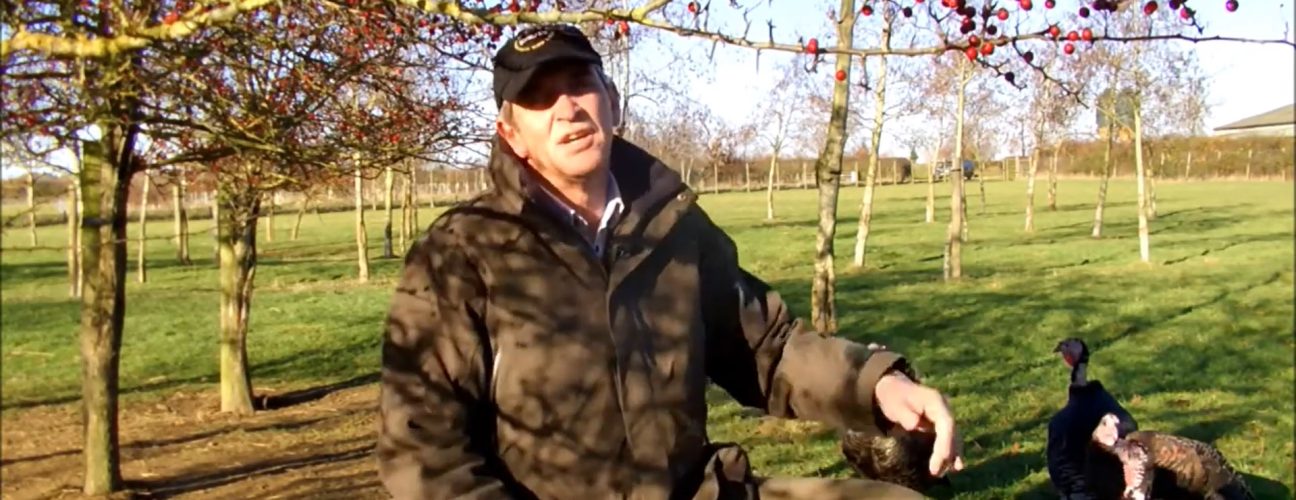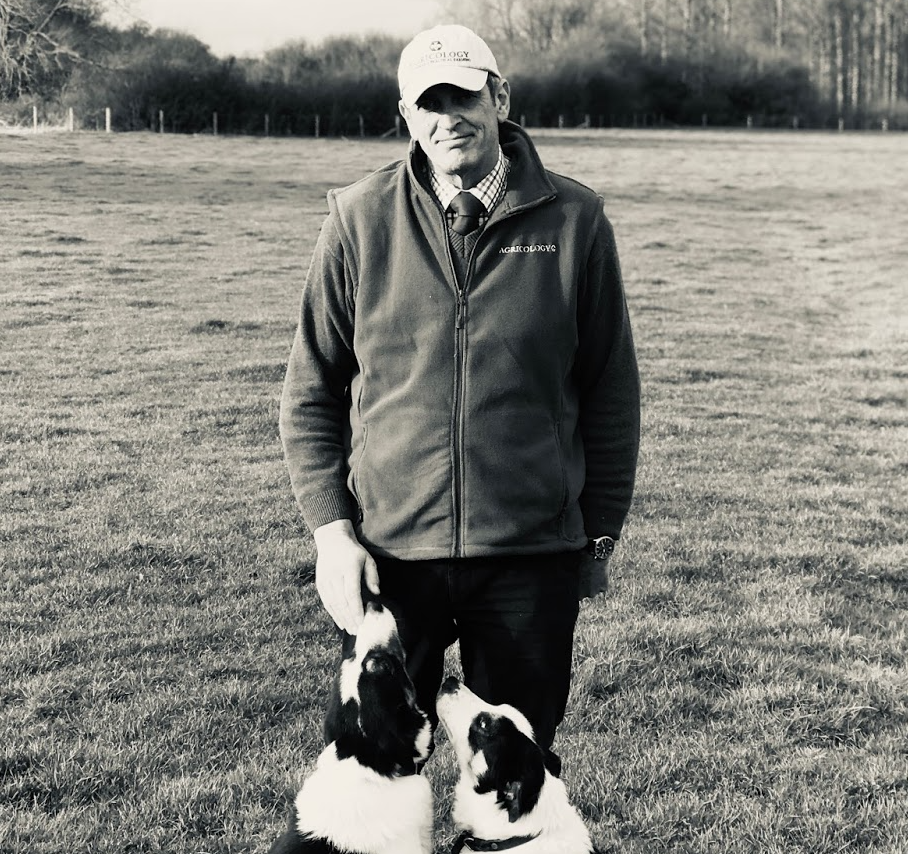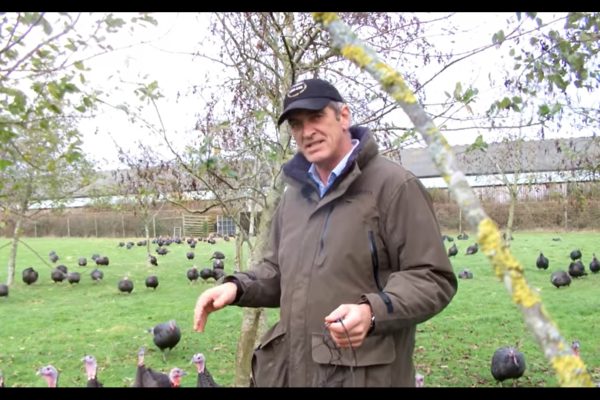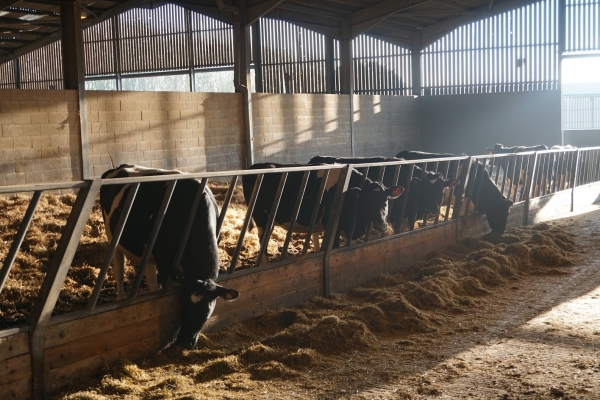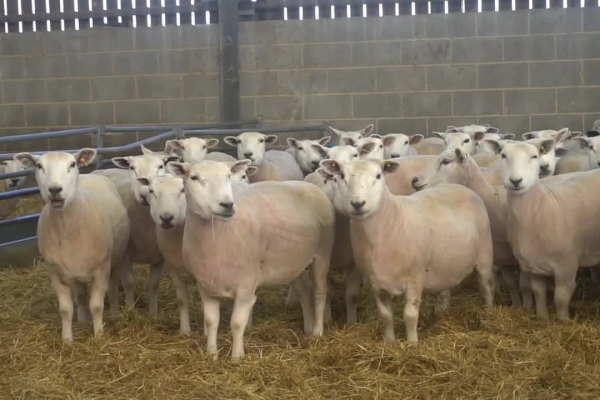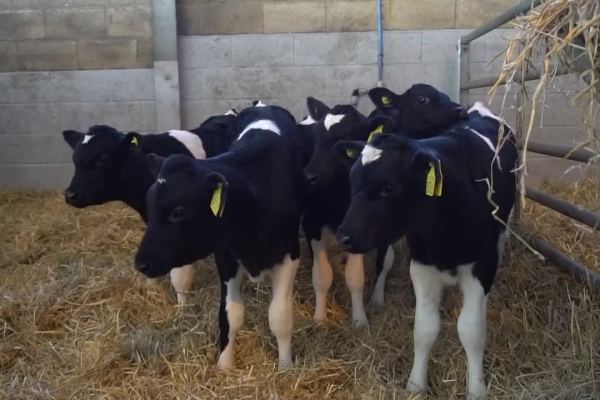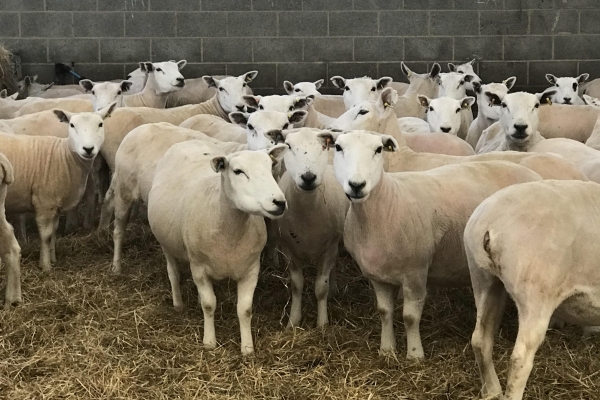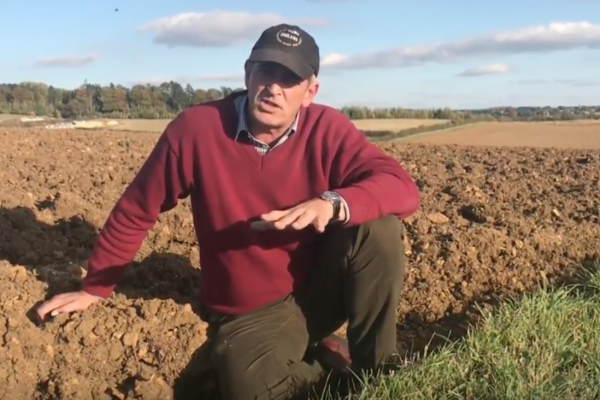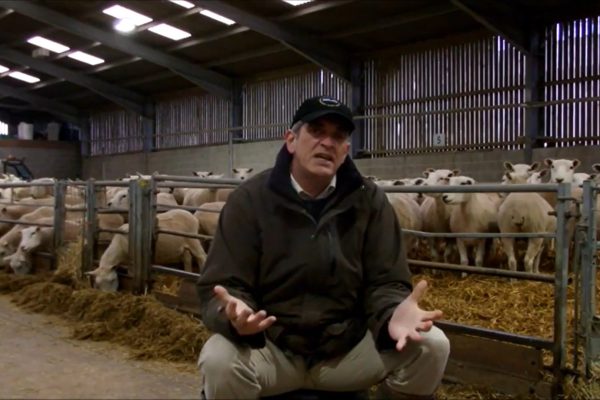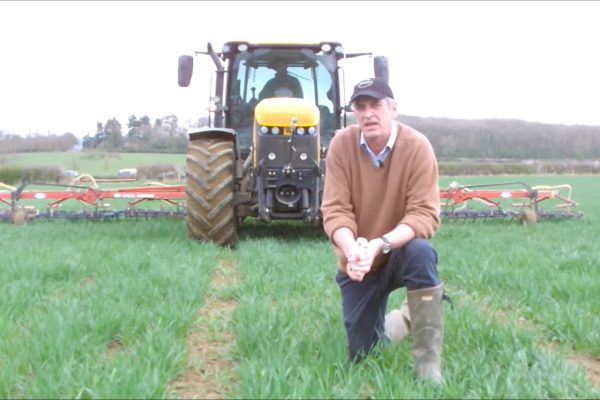Rearing turkeys for Christmas
This month, Richard is in the turkey field, discussing rearing turkeys for Christmas.
- He explains that the main reason for starting a turkey enterprise was not just to supply the business with turkeys but also to utilise farm buildings more efficiently. Buildings that were built to house sheep in the winter and lambs in the spring were not being used during the rest of the year, so to maximise the use of the building, the sheep go out during April, and then the sheds are cleaned out and turned into a turkey rearing enterprise.
- Richard explains that they rear traditional Bronze turkeys at Daylesford as they are fantastic at ranging and therefore suit the free range rearing system very well. They buy their turkeys as either day olds or 6 week olds. The turkeys are let outdoors at 8 or 9 weeks, when they are feathered up nicely so they can range. The birds are on the farm for 26 weeks and Richard looks to rear a bird that is 6 – 6 ½ kg oven ready which equates to about 8 – 8 ½ kg live weight (they will yield around 75%).
- Richard has designed a turkey feeder to minimise time spent on feeding. The feed wagon blows the feed into pipes which are connected to the feed containers in the turkey shed, enabling all 1000 turkeys to be fed within 20 minutes.
- At the end of the season (around the end of September/early October), home grown oats are incorporated into the turkey’s feed. Oat is good feed for turkeys as it is an oil-based cereal. Turkeys become really nicely flavoured and well fattened when they are fed on oats.
- Richard suggests that if you are thinking of rearing turkeys you need to book them early in the year because turkey breeders and hatchers need to know the number of birds to breed in advance. He explains that his order for 1000 turkeys was placed back in February.
- One of the tricks to successful turkey rearing is creating a good living environment. Richard’s shed has a high ceiling, lots of natural light and plenty of fresh air. The turkeys get clean straw at least every other day and can be entertained by hanging vegetable tops and greenery around the shed.
- A problem that producers can have with rearing turkeys is pecking; this occurs if the turkeys become stressed and start pecking the feathers of other turkeys. In an organic farming system, the birds cannot be mutilated in any way, meaning that their beaks are very sharp. Despite this, Richard’s turkeys do not suffer from pecking, and he is sure it is because they have a great environment to live in.
- The range available to turkeys is extremely important. On a blue clear sky day like the day in the video, turkeys don’t particularly enjoy ranging because they fear predation. On a grey day or a foggy morning, all 1000 turkeys will be out of the shed, ranging over grass pasture. Richard has observed that trees are very important in the range. The turkeys will leave the shed and very quickly be 200m away first thing in the morning, sheltering under the trees, as they feel safe from predators. This is another way of helping to avoid stress in turkeys, reducing the risk of pecking.
The information contained above reflects the views of the author/s and does not necessarily reflect that of Agricology and its partners.
Related articles
In this month's vlog, Richard Smith, Farm Manager at Daylesford Organic Farm, discusses raising organic, free range turkeys from 6 week old poults.
Richard Smith shares some advice for healthy livestock and provides a demonstration of cattle foot trimming at Daylesford Organic Farm.
In this month's Agricology vlog, Richard Smith talks to us about scanning 1,200 Lleyn sheep at Daylesford Organic Farm with Bob Tofield.
Richard Smith, Farms Manager for Daylesford Organic, explains how they rear their Friesian calves to give them the best start.
Richard Smith, Farms Manager at Daylesford Organic, discusses why good breeding can reduce the need for additional inputs when housing sheep over winter.
Richard Smith discusses ploughing up a red clover ley in preparation to sow a new crop of organic winter oats and vetch at Daylesford
This month Richard is in the sheep barn talking about the sheep enterprise at Daylesford.
Richard Smith, Senior Farm Manager at Daylesford Farm discusses harrow combing oats.
